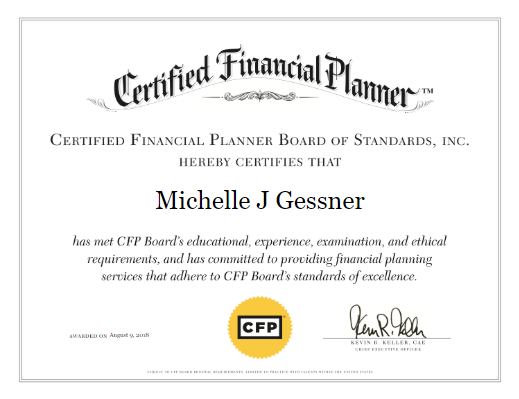When it comes to estate planning, several things usually happen:
- We put it at the end of our to-do list.
- We find it uncomfortable to deal with…so we don’t.
- We think we don’t need one because they’re only for the wealthy.
That’s why we’re talking to attorney Katherine Boyd of Steed Barker Boyd and getting her insight into some of the most common questions regarding estate planning.
What are the main components of a comprehensive estate plan?
A comprehensive estate plan is more than just having a Will in place to designate who will inherit your estate, property and assets upon your passing. It also includes planning for disability or incapacity. These matters are handled with powers of attorney, living wills, declaring guardians for yourself in case of later need, and declaring guardians for minor children.
Many people think that estate planning is only for the wealthy. Why is that not true?
It is a common misconception that estate planning is only for the wealthy. In fact, estate planning is for everyone as we all have property and assets that will likely need to pass through probate, and having a Will in place to designate who will inherit your assets is much better than doing nothing and allowing the State of Texas to determine your heirs.
Are there any Texas state laws surrounding estates that people should be aware of?
The State of Texas has specific laws regarding who will inherit your estate should you pass without a Will and these laws regarding heirship may not correspond with your wishes.
Why is it important to work with an estate planning professional?
It is important to work with an estate planning professional to talk through your goals and wishes and get your important questions answered. Estate planning professionals are trained to ask questions and determine the best path forward with multiple contingent plans which helps ensure you are well taken care of and nothing is overlooked or forgotten.
When should estate plans be reviewed? Should people make changes to their estate plans?
Estate plans should be reviewed every couple of years, but always reviewed if there is a life change to you, your family, or the persons named in your estate planning documents. Common life changes that require an estate plan update are not just having a death in the family, but also marriage, the birth of a child, divorce, as well as moving to a new state.
Katherine Boyd is a partner at Steed Barker Boyd. Katherine attended law school at California Western School of Law in San Diego and graduated in 2011. She started her legal work as an oil and gas title and real property transactional attorney and has expanded her practice to include estate planning. She is passionate about helping her clients, understanding their needs, and creating an estate plan that works best for each situation with the knowledge that these are difficult and sensitive topics.




